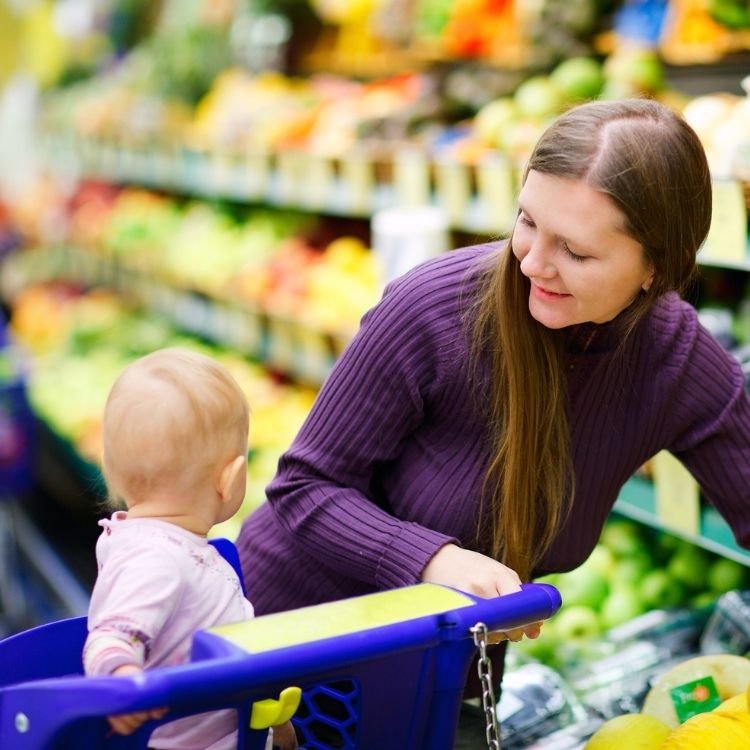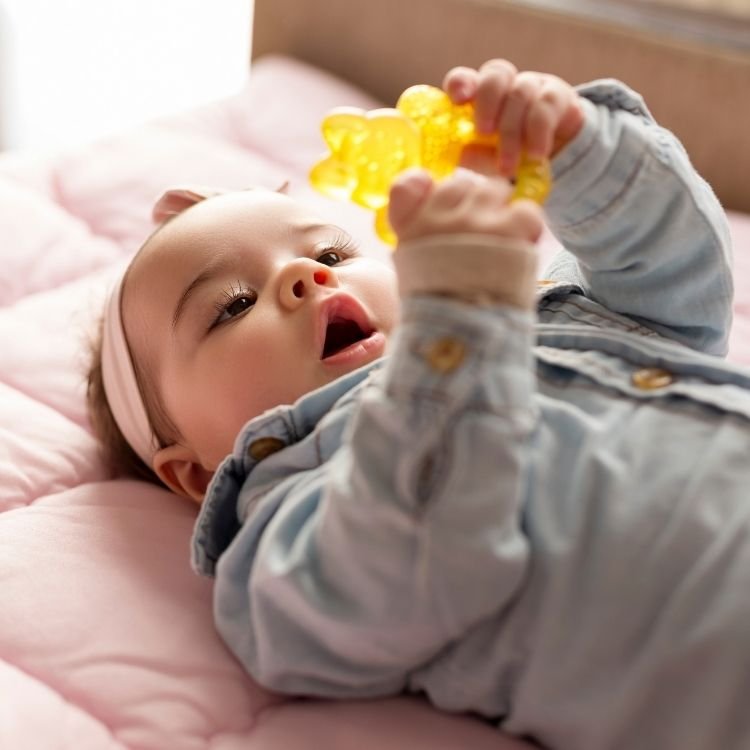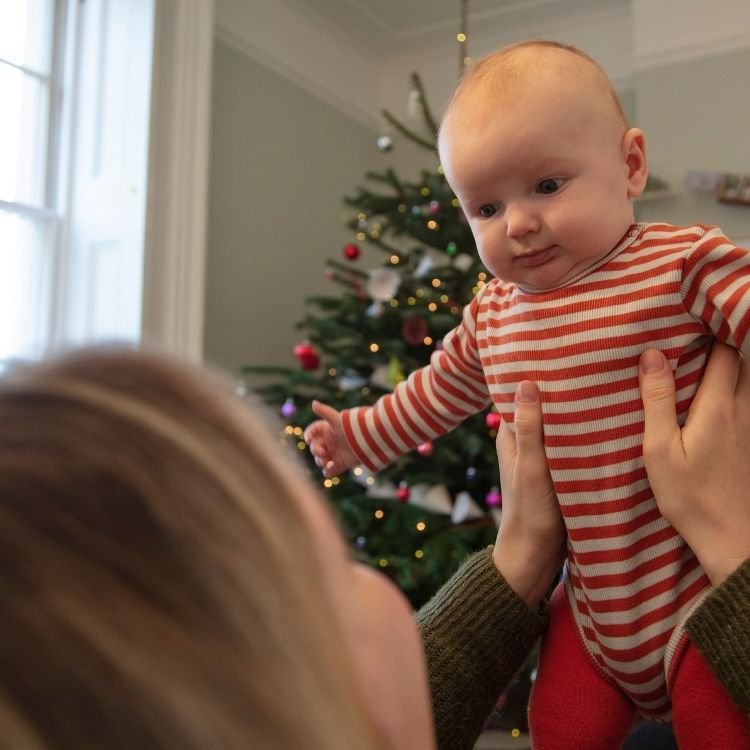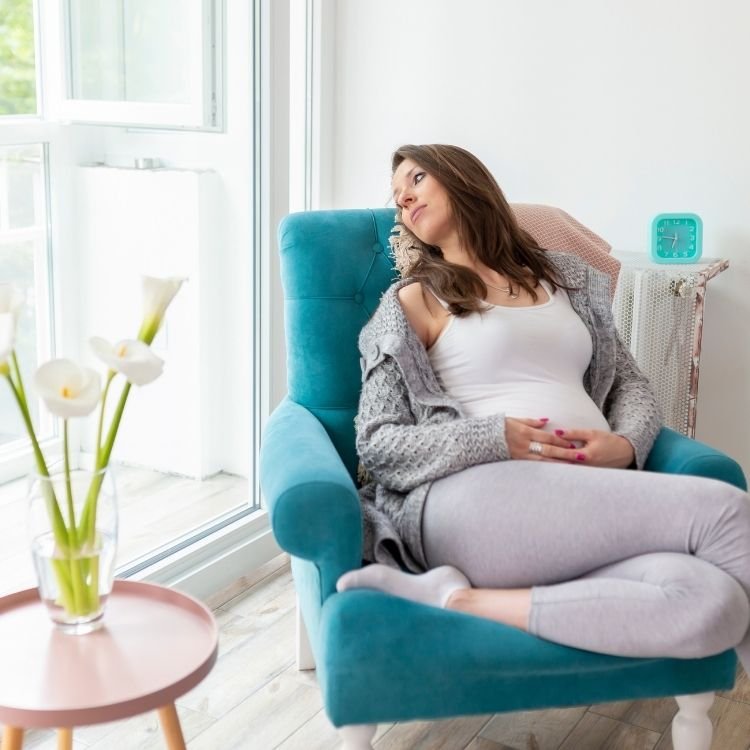Amazingly simple ways to make playing with your bump, baby, or toddler brain-building!
Who would have thought that playing with your bump baby or toddler could have a massive impact on how they will get on at school? Or that things you do when you are pregnant, even before your baby is even born, will impact their life outcomes, their health, their wealth and even their relationships!
Science is showing us that from conception to two years of age there is a massive opportunity for learning. During these early days, the brain is just looking for things to learn and absorb.
Amazingly, at certain times in those first 1000 days of life, a million synapse connections (the links between nerve cells that allow us to learn things) are being created every second. Once created, they are either reinforced through use and repetition or discarded (pruned) because they have been made unnecessary.
As parents, we can help or hinder this process. It doesn’t need a massive understanding of brain science to be able to help your child’s brain to grow – just love, attention and stimulation. What is important is that this is done in the right way at the right time.
Playing IS learning!
At this early stage in life, learning looks a whole lot like playing. In fact, playing IS learning!
Think about yourself for a minute, when you are playing with something that engages you, you’re captivated, absorbed and have a huge amount of sticking power to be able to learn new things… It’s the same for our babies. When they are playing and enjoying themselves, they are deeply engrossed in what we’re doing, and as they repeat what they’re doing, they’re learning and no doubt improving over time.
Playing provides children and babies with so many opportunities for learning as they explore, experiment, test and investigate their surroundings. This is true learning!
Notice the eyes! Dad looks for clues from the toddler, the toddler is absorbed by the activity, sensation and interaction with his toes. A tiny playful interlude but also learning in action!
So, how can I help my baby learn?
What can you do to help your child or baby grasp these learning opportunities and make the play brain-building?
If you’re pregnant, relax! Enjoy spending time with your bump. Chat, rub, and bond with your bump. Download our 50 Ways to show your bump you love them guide and start developing your baby’s brain.
With your baby or toddler, try to see the world through their eyes and show an interest in what interests them. Talk with them, share what they are seeing with them, point out the obvious, and the less obvious, give them time to respond. Think through how they are feeling.
Be led by them.
The more we can stimulate and involve our babies and toddlers in our daily lives, the more they are going to be engaged and the more they will learn.
A supermarket trip can be a stimulating, playful, learning experience.
For example, parents of young children often dread going into a supermarket. Children are easily bored and yet a supermarket trip can be a stimulating, playful, learning experience.
How? Well, involve your child in the process; for example, With your new-born baby, tell them what you are doing. Literally, talk about everything you do. ‘I need to go and get some mushrooms, right here are the mushrooms, can you see them? I am putting them in the trolley.’ This will help them develop their hearing skills and their visual skills as they hear you and watch you move around.
With an older baby, give them a rustly packet to hold for you or a head of broccoli. Let them explore it. Talk to them about it. Ask them questions, give them time and then answer those questions for them. This not only keeps their hands busy, but they will be exploring it with their mouths as well (just make sure it is something you want to buy that you give them!) If you talk about it, you will also be developing their language skills.
With a toddler, why not go on a 'red search' as you shop? Show them what red is and help them to find different things as you go around the store that are red. Talk to them about what they find. They will be learning the name of the colour red and cementing in their brains what it looks like, they will be 'tracking'(moving their eyes along a line without going up and down) with their eyes, (a skill they will use in reading later on). Before you know it, the shopping will be done and what would have been a boring, unstimulating, activity for a child, transforms into a fascinating opportunity for fun and learning.
But how does this affect future learning?
As a primary school teacher, I have seen children bounce confidently into the Early Year’s classroom ready to absorb all that is going to be shared with them, ready for learning…. and then there are those who struggle to sit still, who find it hard to listen and have no idea how to hold a pencil and find the whole learning thing a challenge!
What makes the difference? The difference is the level of play and stimulation that the child has encountered from birth.
A child who has had the opportunity to hold a rattle, play with some bricks, pick up feathers, shake homemade shakers or thread pasta shapes onto a string, is going to be ready to hold and manipulate a pencil when they get to a formal education setting.
A child who is used to cuddling up to listen to a bedtime story, and is asked questions about that story, is going to be ready to sit still and to engage with a class storytime.
A child that has played ‘dress up’ or has run around in the leaves during the Autumn season, or has squished spaghetti in their little fists, is going to be ready to use their imagination and to be creative.
It all starts with early playful experiences.
And it has long-term consequences.
You can make SUCH an impact on the outcomes for your child!
If you would like a little bit of help with ideas of play activities that are age-appropriate, teacher-written and grounded in research, and scientifically proven to help you feel confident in your parenting, then why not download the Oliiki app (Apple or Android).
For less than the price of a coffee a month, you will have over 1000 activities to do with your bump, baby or toddler that will help them to build the skills they need to arrive at school and thrive while making you a confident happy parent.









